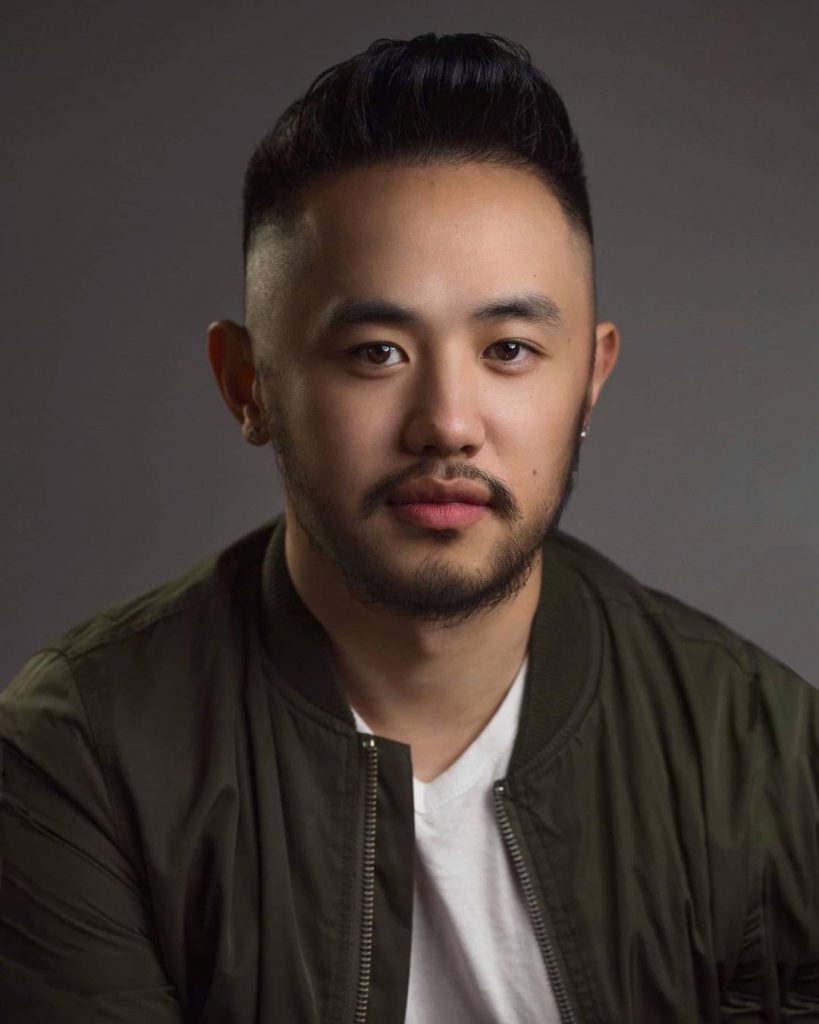February 25, 2021
Written by Bee Vang. Thank You
Back in 2008 I starred opposite Clint Eastwood in “Gran Torino” playing the lead Hmong role in a tale of two people transcending their differences to form an unlikely human bond. It was a historic cinematic moment for Hmong people around the world, despite its copious anti-Asian slurs.
At the time, there was a lot of discussion about whether the movie’s slurs were insensitive and gratuitous or simply “harmless jokes.” I found it unnerving, the laughter that the slurs elicited in theaters with predominantly white audiences. And it was always white people who would say, “Can’t you take a joke?”
Today, I shudder at the thought of what that meant. More than a decade later, the anti-Asian racism that was once disguised as good-natured humor has been revealed for what it is, thanks to Covid-19.
Given what I’ve experienced, it came as no surprise that the virulent anti-Asian racism of the early pandemic was dismissed. Across the country, brutality went viral — notably, an Asian American family stabbed in a Sam’s Club in Midland, Texas. But around the U.S. and indeed the world heinous attacks were spiking. In less than a year, the animus seems to have coalesced in the death of Vicha Ratanapakdee, an 84-year-old Thai American who was murdered in San Francisco on Jan. 31.
A microscopic virus was replaced with a recognizable target. And once again, in this pandemic, anti-Asian sentiment has turned us into a faceless, invasive peril to be extruded from this country.
I say “once again,” because we’ve seen this before. Racial fearmongering reached an ideological apex in 1982 with the murder of Chinese-American Vincent Chin in Detroit. That was nearly 40 years ago, but we can draw a direct line from Ratanapakdee’s murder to Chin’s. U.S. history is peppered with precursors — outbreaks of anti-Asian antipathy, sometimes enshrined in law.
And yet, on social media, many insisted that anti-Asian racism is a novel thing, that we are finally experiencing what it’s like to be a person of color. More insultingly, I saw people accusing the Asian American community writ large as being so “racist,” that we were somehow getting what we deserved. To be sure, members of the Asian American community are due for a reckoning with anti-Blackness. But this impoverished misunderstanding helps no one, and merely provides cover for those interested in continuing this campaign of terror.

Indeed, Asian Americans were well positioned to be singled out for vilification. Blame is easier to assign when communities are rendered as monoliths lacking in nuance by shallow indictments and stereotypes.
What the pandemic has epitomized is an abject failure to assimilate Asian humanity, much like the disastrous wars fought across Asia (the Philippines, Korea, Vietnam, Laos, Afghanistan and more) that were underscored by the racist military ambitions of armed white supremacy.
My parents are Hmong refugees from the Vietnam War, though from Laos, America’s adjacent and so-called secret war. Laos was extensively and repeatedly carpet-bombed and doused with millions of gallons of toxic herbicides. Violence immolated and scorched the earth. And sadly, our humanity and traumas remain mostly illegible. Few grasp the senselessness of what my parents and their parents and millions more endured.

“Gran Torino” may have elided the crisis in Asia that birthed our diaspora and many others across the Pacific. But more concerning was the way the film mainstreamed anti-Asian racism, even as it increased Asian American representation. The laughter weaponized against us has beaten us into silent submission.
To this day, I am still haunted by the mirth of white audiences, the uproarious laughter when Eastwood’s curmudgeonly racist character, Walt Kowalski, growled a slur. “Gook.” “Slope head.” “Eggroll.” It’s a “harmless joke,” right? Until it’s not just a joke, but rather one more excuse for ignoring white supremacy and racism.
For Asian Americans, this is the time to demand recognition, not to recoil into a cocoon of model-minority pusillanimity. Showing “our American-ness” was never enough. This is a deceit of multiculturalism.
We don’t owe anything to the perpetrators of this anti-Asian zeitgeist, only our righteous rage. We do owe it to many, including ourselves, to help steer the world toward healing and social renewal. We cannot shirk this responsibility.
In times of crisis, solidarity requires a collective commitment to justice. We cannot lose sight of this, or it will become impossible to imagine a new and better world.
And I no longer wonder what people mean when they ask me why I can’t take a joke. Covid-19 has removed all doubt.
Feature Image via IMDb

